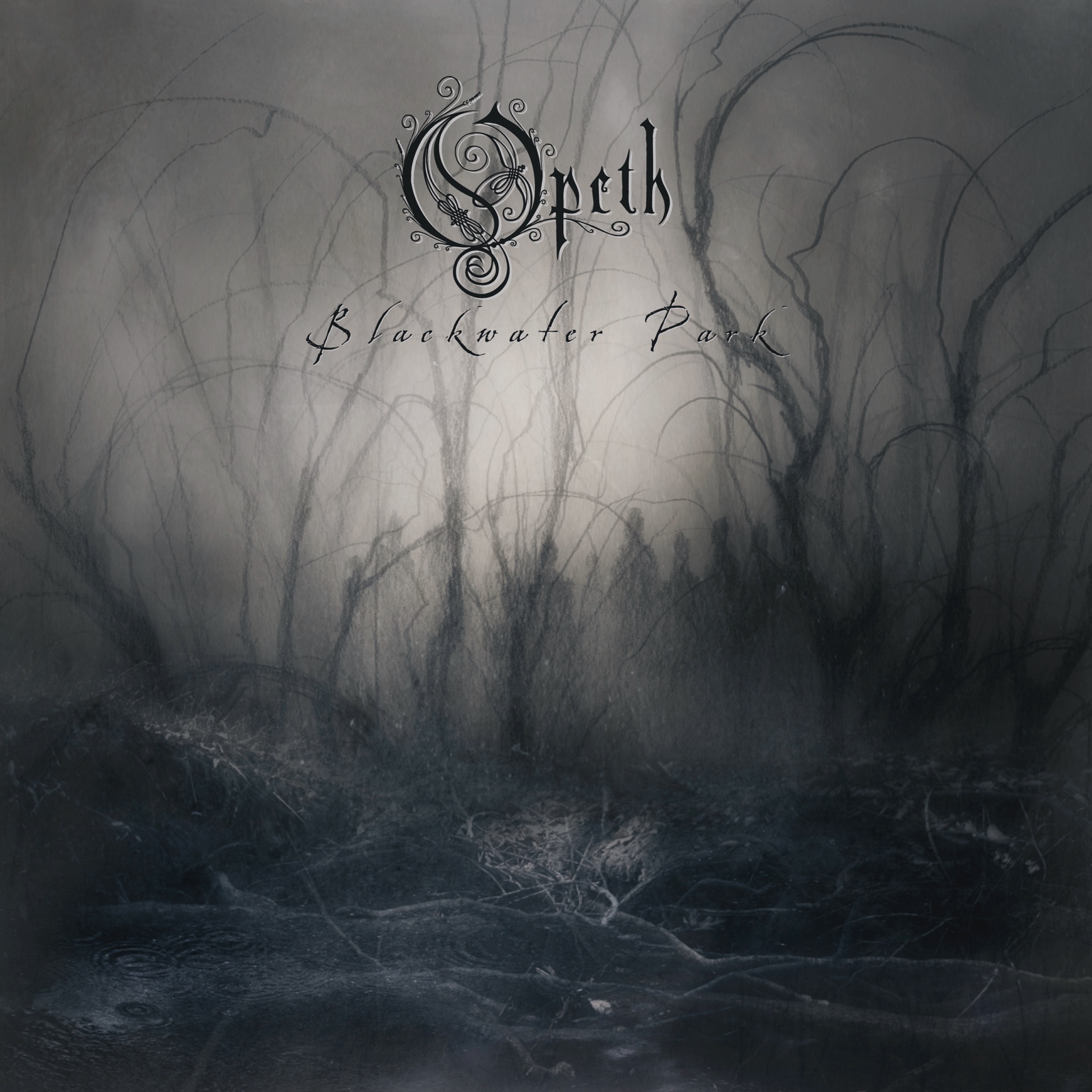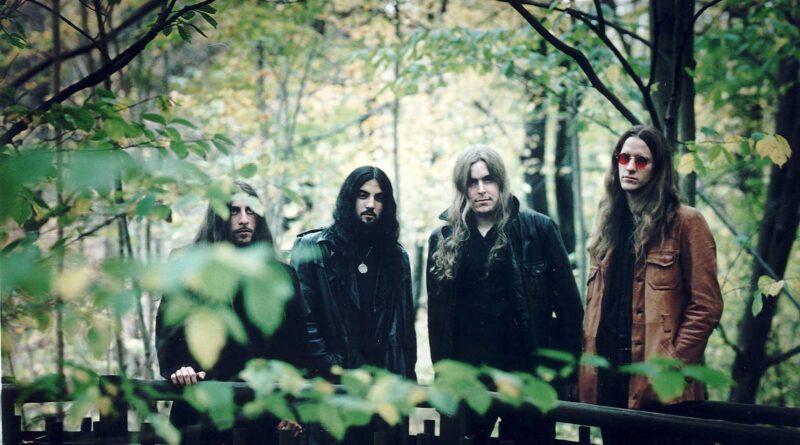HEAVY MUSIC HISTORY: Blackwater Park – Opeth
Blackwater Park is the sound of a band hitting the ground running. Five albums into their career, OPETH were already making quite the mark on the metal scene. My Arms, Your Hearse had gained them their first simultaneous release in both Europe and the United States, and received widespread critical acclaim. The metal community was waiting with baited breath to see what would come next. The answer to that question was Blackwater Park, OPETH’s magnum opus, their first collaboration with prog producer and legend Steven Wilson, creating a truly unique formula which catapulted them into the metal canon.
Fresh off a small European tour for Still Life, OPETH almost immediately returned to the studio to build on the success of their previous album. This also followed a time of turbulence on the production side of the band – their label, Candlelight Records, had just changed hands; they had also just signed to a UK label in accordance with their growing popularity, and recording time for Still Life had been delayed whilst Sweden’s renowned Studio Fredman was being relocated. Not that the band had shied away from this haphazard approach when returning to record Blackwater Park; they wanted to recreate it.
“This time it was tough,” frontman Mikael Åkerfeldt has said of the writing and recording process for Blackwater Park. They had very few lyrics written, and had barely rehearsed before going into the studio. But this time the pressure was really on – not only were the band gaining popularity across Europe, but Åkerfeldt had just secured one of his musical idols to collaborate on the production for this record.
“Yes, Steven Wilson is a real person, not just a legend told to easily frightened children by the fire. Seriously though, I was kinda awestruck by the fact that we were actually discussing a co-operation. I asked him if he was interested in producing the new OPETH album, which he was.” And thus began a long time partnership between Åkerfeldt and Wilson, one which has spanned four albums and a side project consisting of the duo alone, STORM CORROSION.
You’d be a fool not to immediately realise what an impact Wilson’s hand had on the creation of Blackwater Park. OPETH had always had a more ethereal and neo-classical edge to their unique brand of death metal, but with the release of Blackwater Park, they blurred the boundary between metal and prog in a way which would shape the rest of their career to follow.
“I was always on the pursuit for heaviness in my youth,” Åkerfeldt says in the band’s official biography. Blackwater Park marks the turning point. Yes, it’s heavy as hell, and when the first notes of opener The Leper Affinity ring out, it’s to the sound of double-kicks and ultra-low death metal growls. But there is an added delicacy in the production of the songs on Blackwater Park which was only hinted at in previous albums – lead guitar and clean vocals were added and procured by Wilson, creating a well-rounded and wholly realised sound to make this the album of their career.
One might first notice the change in track two, Bleak, which features an almost pop-like clean vocal chorus provided by Wilson. This doesn’t cheapen the effect; far from it, Bleak is one of the standout tracks in the band’s whole catalogue, let alone this album. It’s the range between the clean, euphoric chorus and the growled verses, the whiny guitar line over the top, the samba-like rhythm in the drums, which makes OPETH one of the greatest metal bands of all time. They aren’t content with being just heavy; they also have an abundance of beauty, something which the collaboration with Steven Wilson highlights at every turn.
Harvest, another standout moment from Blackwater Park, is one of the first times the band experimented with a purely acoustic sound. Building on the production and songwriting ideas of a track such as Creedence, from My Arms, Your Hearse, Harvest has a melancholic, folksy sound, with Åkerfeldt’s vocals in the midrange and playing much more emotion and atmosphere as opposed to heaviness and brutality. As well as calling back to the previous album where the band had really started to make a name for themselves, the song also pre-empts a lot of the work which was soon to come on Damnation, making it a centrepiece (albeit it one of many) of OPETH’s entire back catalogue.
Title track Blackwater Park works as both a culmination and a rousing closing statement to the album. Loudwire named it as the second best metal track of the 21st century, coming second only to TOOL’s Lateralus. It’s a good taster of everything this band can offer, with the heavy moments interwoven spectacularly with the clean singing. It’s a perfect punctuation mark on the album, bringing all the ideas and themes together in the final line, “The sun sets forever over Blackwater Park”.
Blackwater Park is the album that is widely considered to be OPETH’s magnum opus. That’s a hard call to make for a band with thirteen excellent albums under their belt so far. It’s a testament to the band’s creativity and imagination that this album is frequently ranked on lists of metal albums and prog albums alike, always falling near the top end of each list. It’s difficult to say that their career peaked in 2001, though; there’s still the excellent double-whammy of Deliverance and Damnation to come, as well as the almighty Ghost Reveries.
Instead, what this album certainly offers is the sound of a band truly coming into their own. They perfect the sound they had been working towards for the early years of their career thus far, making a name for themselves as the best metal band which also has the ability to be soft and beautiful, exquisitely so. It’s safe to say that, so far, no other band has really done it better than OPETH, and no album has ever done it quite like Blackwater Park.

Blackwater Park (20th Anniversary Edition) is out now via Music For Nations.
Like OPETH on Facebook.

